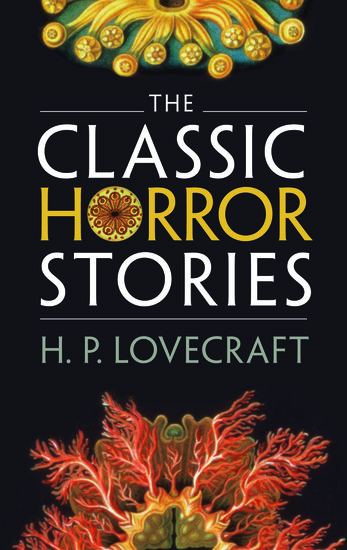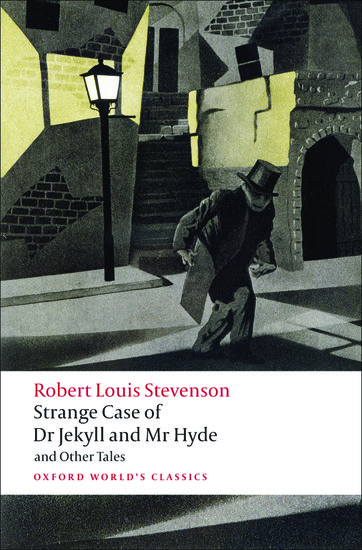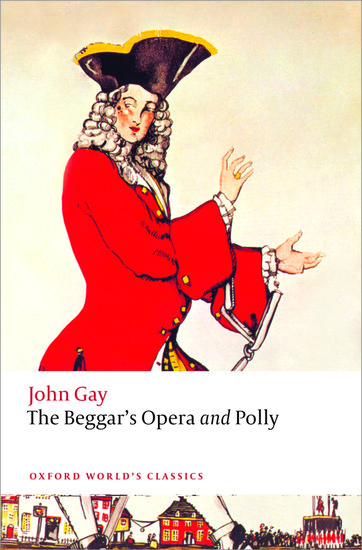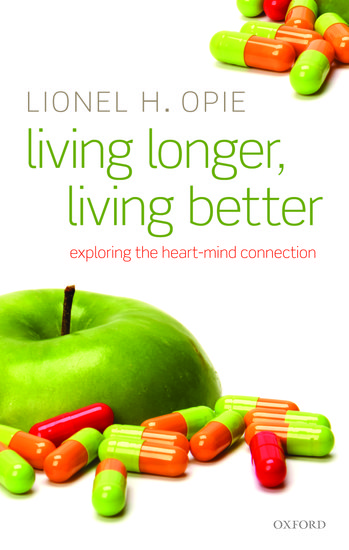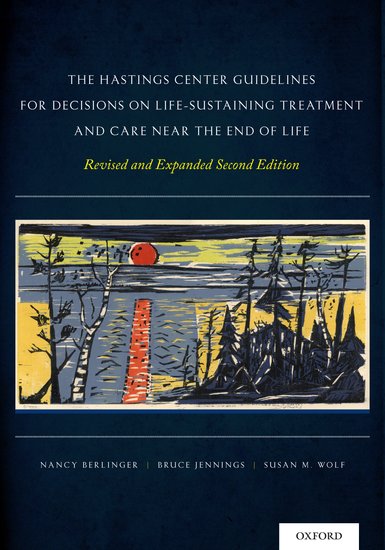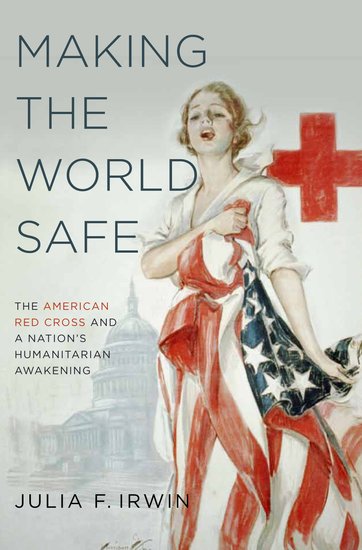H. P. Lovecraft and the Northern Gothic Tongue
By Roger Luckhurst
There is a very specific language of Gothic and horror literature that has its roots buried deep in the history of English: doom has been around since Old English; dread carries over from Middle English; eerie, that sense of vague superstitious uneasiness, enters Middle English through Scottish. The adjectives are harsh and guttural: moons are always gibbous, the trees eldritch.







